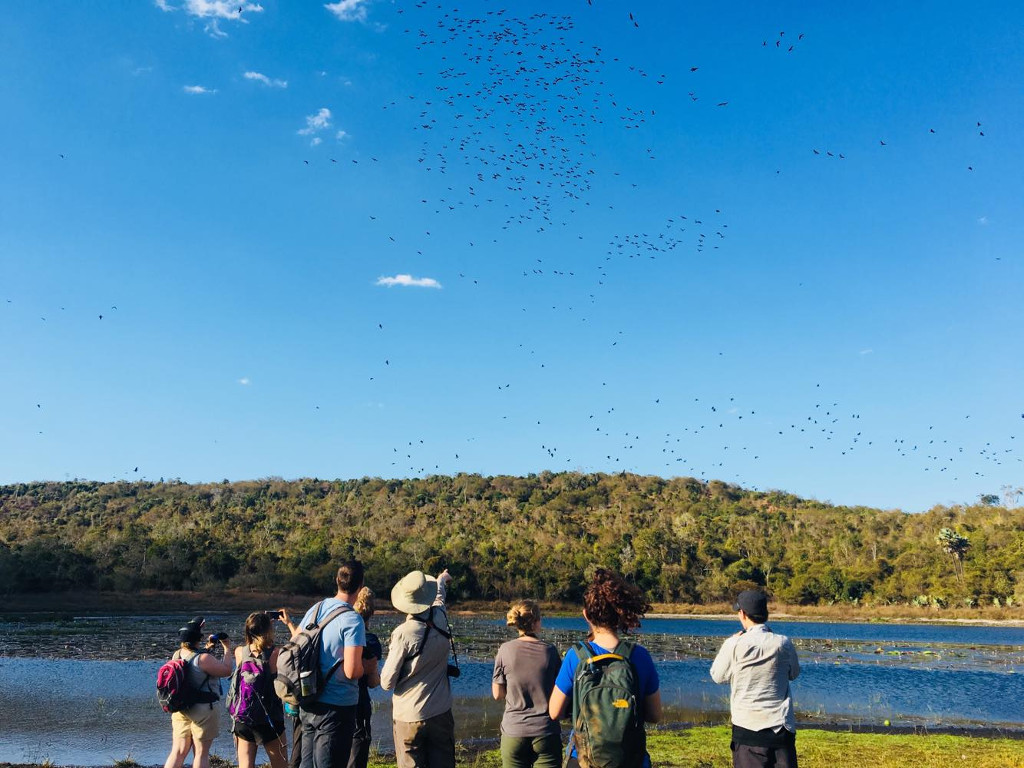Many of Earth’s plant and animal species are at imminent risk of extinction. But with the resources necessary to conserve them so sorely limited, where should efforts be focused? The term “ecological triage” has been coined for such decision-making, after the system invented by French army medics to sort patients by the urgency of their need. This borrowing of metaphor from the Napoleonic and World Wars is not accidental: in envisaging the damage done to nature by humanity, you are to think of cannonballs and scorched earth and mustard gas.
“Ecological triage” can focus attention onto the regions that hold a disproportionately large amount of diversity. Such “biodiversity hotspots” have become key to global conservation, from the Caribbean to Wallacea to New Zealand. But one country stands out as among the “hottest” of hotspots: the great island of Madagascar. I’ve written for EcoEvo before about the field season I spent there, which has just resulted in a new paper published in Scopus: Journal of East African Ornithology. The paper presents findings from a series of boat surveys in the threatened and irreplaceable Ankobohobo Wetland, home to some of the world’s rarest birds.
Header: African Darter (Anhinga rufa) in Ankobohobo, by Jamie Neaves.
Continue reading “Boating in Ankobohobo, or The Importance of Bird Areas”
